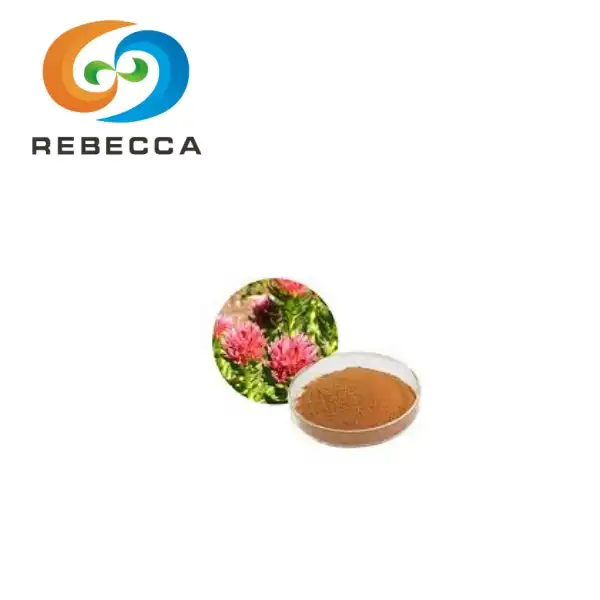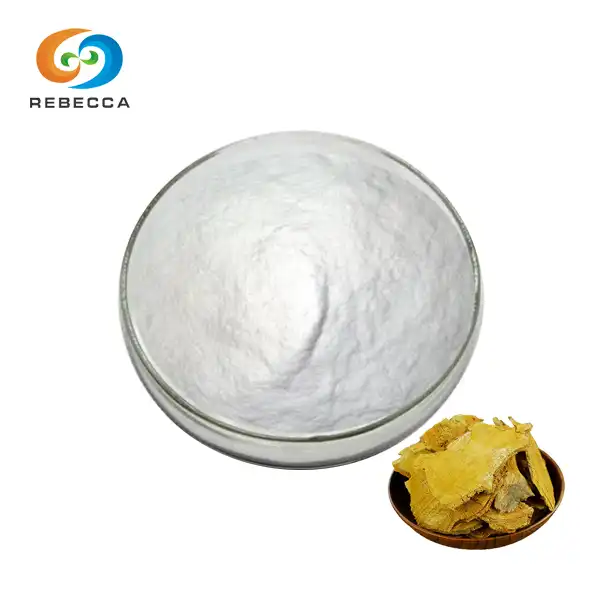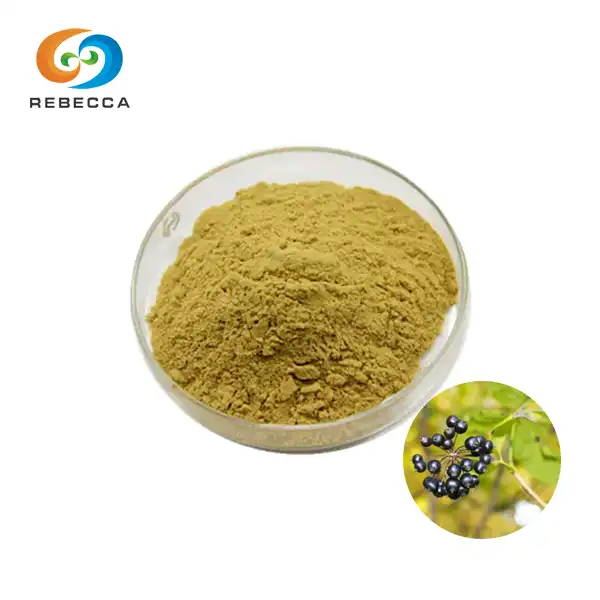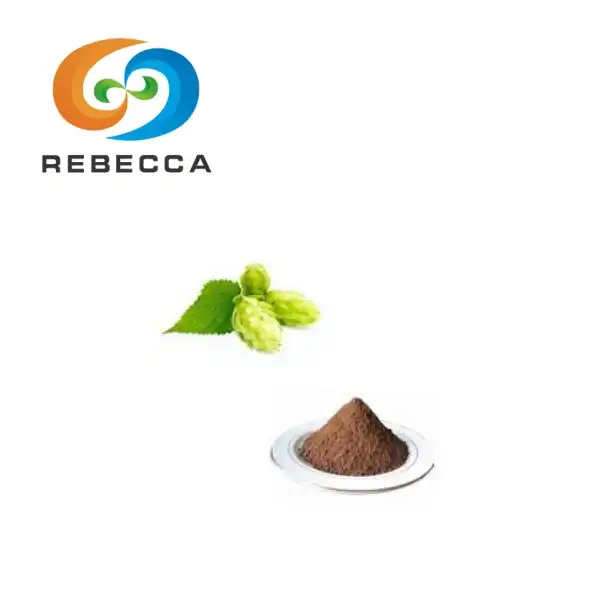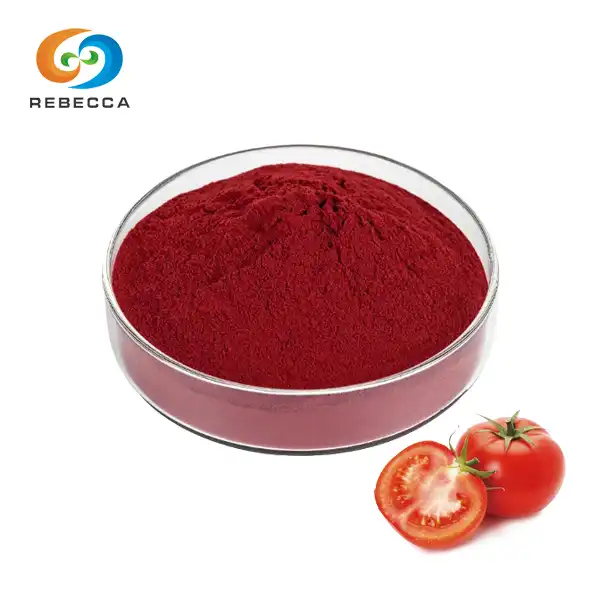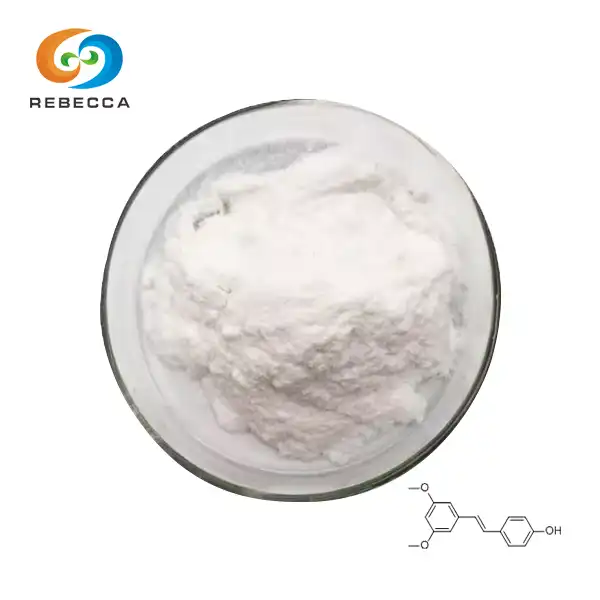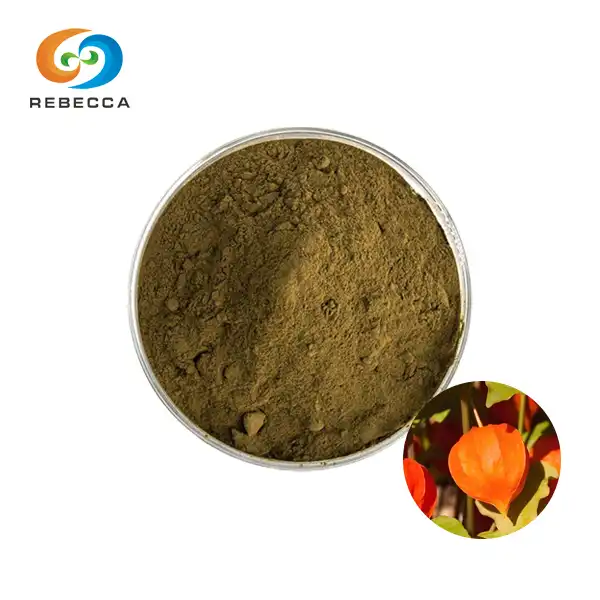What is fenugreek seed powder used for?
Fenugreek seed powder, derived from the aromatic Mediterranean herb Trigonella foenum-graecum, has been a staple in traditional medicine and culinary practices for centuries. This versatile ingredient boasts a distinct maple-like aroma and a wealth of potential health benefits. As interest in natural remedies continues to grow, fenugreek seed extract powder has gained popularity among health enthusiasts and those seeking alternative approaches to wellness.
In this comprehensive guide, we'll explore the myriad uses of fenugreek seed powder, from its potential health benefits to practical ways of incorporating it into your daily routine. Whether you're curious about its effects on blood sugar management, digestive health, or even its role in enhancing libido, we'll delve into the science behind this remarkable herb and provide you with actionable insights.
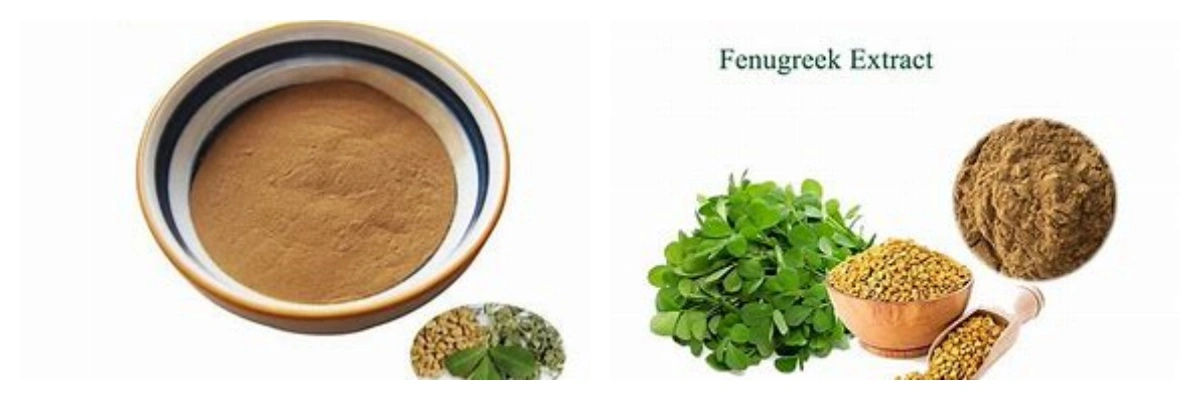
Top 5 Health Benefits of Fenugreek Seed Powder
Fenugreek seed powder has been associated with numerous health benefits, supported by both traditional use and modern scientific research. Let's examine five key areas where this powerful herb may positively impact your well-being:
Blood Sugar Regulation
One of the most well-documented benefits of fenugreek seed powder is its potential to help regulate blood sugar levels. The high fiber content and unique compounds found in fenugreek seeds may slow down digestion and the absorption of carbohydrates, leading to a more gradual rise in blood glucose levels. This effect can be particularly beneficial for individuals with diabetes or those at risk of developing the condition.
Digestive Health Support
Fenugreek seed powder has been traditionally used to alleviate various digestive issues, including constipation, bloating, and indigestion. The high fiber content of fenugreek seeds acts as a natural laxative, promoting regular bowel movements and supporting overall digestive health.
Cholesterol Management
Emerging research suggests that fenugreek seed extract powder may play a role in managing cholesterol levels. The saponins and fiber found in fenugreek seeds may help reduce the absorption of cholesterol in the intestines, potentially leading to lower overall cholesterol levels in the blood.
Lactation Support
Fenugreek seed powder has long been used as a galactagogue, a substance that promotes milk production in breastfeeding mothers. While more research is needed to fully understand its mechanisms, some studies have shown promising results in increasing milk supply for lactating women.
Libido Enhancement
Fenugreek seed powder has gained attention for its potential to enhance libido and sexual function in both men and women. Some studies suggest that the saponins and other bioactive compounds in fenugreek may influence hormone levels, particularly testosterone, which plays a crucial role in sexual health.

How to Incorporate Fenugreek Seed Powder into Your Diet?
Now that we've explored the potential health benefits of fenugreek seed powder, let's discuss practical ways to incorporate this versatile ingredient into your daily routine:
Smoothies and Shakes
One of the easiest ways to consume fenugreek seed powder is by adding it to your morning smoothie or protein shake. Start with a small amount, such as 1/4 to 1/2 teaspoon, and gradually increase as you become accustomed to the taste. Fenugreek pairs well with fruits like bananas and berries, which can help mask its slightly bitter flavor.
Spice Blends and Seasonings
Fenugreek seed powder can be an excellent addition to homemade spice blends. It's a key ingredient in many curry powders and can add depth to your own custom seasoning mixes. Try combining it with cumin, coriander, and turmeric for a flavorful blend that can be used to season vegetables, meats, or legumes.
Baked Goods
Incorporate fenugreek seed powder into your baking for a unique twist on traditional recipes. It can be added to bread doughs, muffin batters, or even homemade energy bars. The subtle maple-like flavor can complement both sweet and savory baked goods.
Herbal Teas
Fenugreek seed extract powder can be steeped in hot water to create a soothing herbal tea. Simply add 1/2 to 1 teaspoon of the powder to a cup of boiling water, let it steep for 5-10 minutes, then strain and enjoy. You can enhance the flavor by adding honey, lemon, or other complementary herbs like mint or ginger.

Is Fenugreek Seed Extract Powder Safe for Daily Use?
While fenugreek seed powder is generally considered safe for most people when consumed in moderate amounts typically found in foods, it's important to be aware of potential side effects and contraindications when using it as a supplement.
Potential Side Effects
Some individuals may experience mild side effects when consuming fenugreek seed powder, including:
- Digestive discomfort: Gas, bloating, or diarrhea
- Maple-like body odor: Due to a compound called sotolon
- Allergic reactions: Particularly in those with legume allergies
- Blood sugar fluctuations: May interact with diabetes medications
Precautions and Contraindications
Certain groups should exercise caution or avoid using fenugreek seed powder without medical supervision:
- Pregnant women: May cause uterine contractions
- Individuals with bleeding disorders: May increase the risk of bleeding
- People with hormone-sensitive conditions: Due to its potential effects on hormone levels
- Those taking blood-thinning medications: May interact with anticoagulants

Recommended Dosage
The appropriate dosage of fenugreek seed powder can vary depending on the intended use and individual factors. Generally, doses ranging from 1 to 6 grams per day have been used in studies without significant adverse effects. However, it's crucial to start with a lower dose and gradually increase it while monitoring for any side effects.
When using fenugreek seed extract powder, which is more concentrated than whole seed powder, follow the manufacturer's recommendations or consult with a healthcare provider for personalized dosing advice. Our high-quality fenugreek seed extract powder, with a 10:1 extract ratio and 50-70% furostanol saponins, offers a potent and convenient option for those seeking the benefits of this remarkable herb.
Conclusion
Fenugreek seed powder is a versatile and potentially beneficial supplement that can be incorporated into various aspects of your health and wellness routine. From supporting blood sugar regulation and digestive health to potentially enhancing libido and lactation, this ancient herb offers a range of applications backed by both traditional use and modern scientific research.
As with any dietary supplement, it's crucial to approach fenugreek seed powder use with mindfulness and consult with a healthcare professional, especially if you have pre-existing health conditions or are taking medications. By doing so, you can safely explore the potential benefits of this remarkable herb and determine if it's the right addition to your wellness regimen.
For more information about our high-quality fenugreek seed extract powder and other natural herbal extracts, please don't hesitate to contact us at information@sxrebecca.com. Our team of experts is ready to assist you in finding the perfect natural solutions to support your health and well-being.
References
1. Basch, E., Ulbricht, C., Kuo, G., Szapary, P., & Smith, M. (2003). Therapeutic applications of fenugreek. Alternative Medicine Review, 8(1), 20-27.
2. Neelakantan, N., Narayanan, M., de Souza, R. J., & van Dam, R. M. (2014). Effect of fenugreek (Trigonella foenum-graecum L.) intake on glycemia: a meta-analysis of clinical trials. Nutrition Journal, 13(1), 7.
3. Rao, A., Steels, E., Inder, W. J., Abraham, S., & Vitetta, L. (2016). Testofen, a specialised Trigonella foenum-graecum seed extract reduces age-related symptoms of androgen decrease, increases testosterone levels and improves sexual function in healthy aging males in a double-blind randomised clinical study. The Aging Male, 19(2), 134-142.
4. Turkyilmaz, C., Onal, E., Hirfanoglu, I. M., Turan, O., Koç, E., Ergenekon, E., & Atalay, Y. (2011). The effect of galactagogue herbal tea on breast milk production and short-term catch-up of birth weight in the first week of life. The Journal of Alternative and Complementary Medicine, 17(2), 139-142.
5. Younesy, S., Amiraliakbari, S., Esmaeili, S., Alavimajd, H., & Nouraei, S. (2014). Effects of fenugreek seed on the severity and systemic symptoms of dysmenorrhea. Journal of Reproduction & Infertility, 15(1), 41-48.
_1730691017423.webp)










